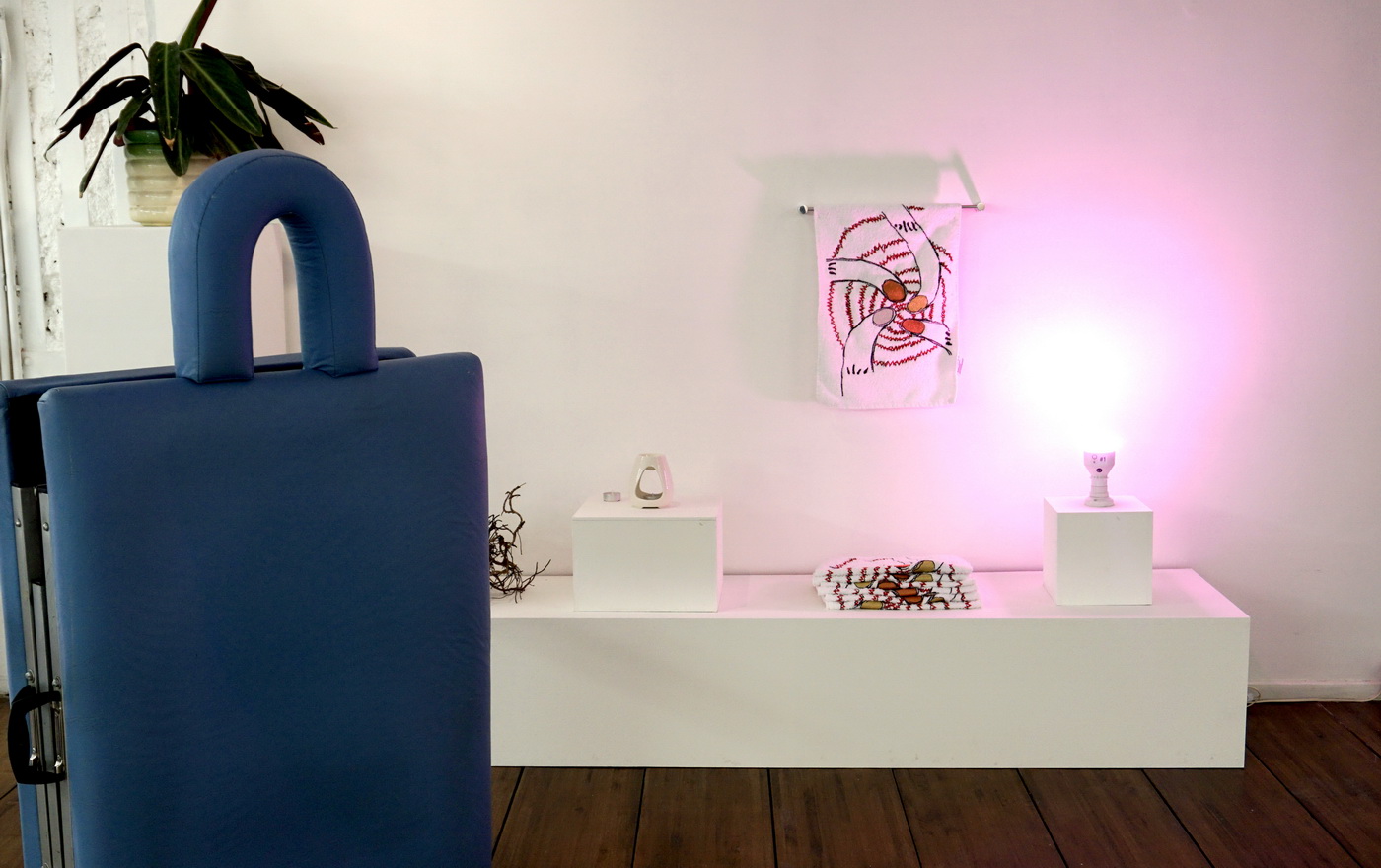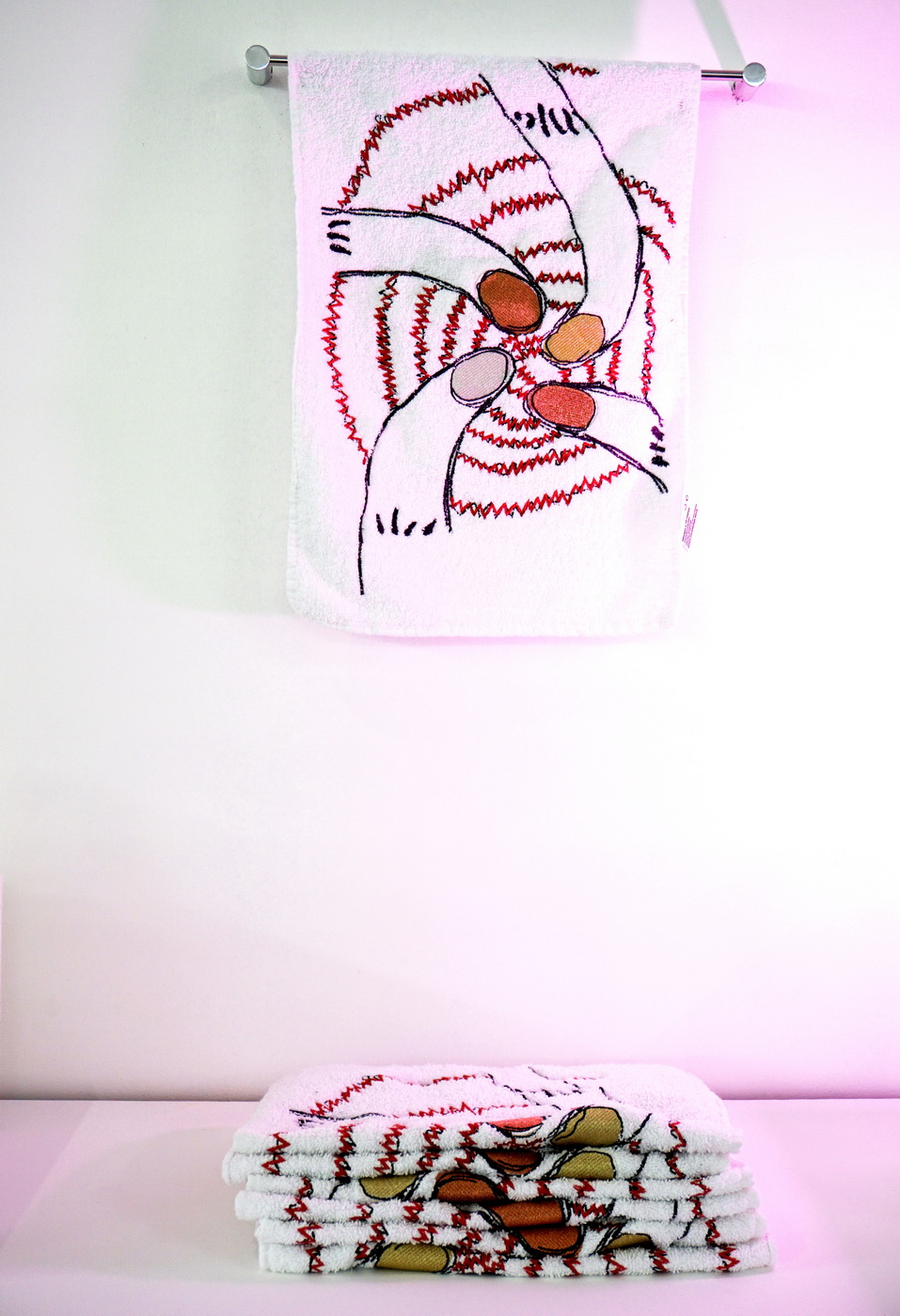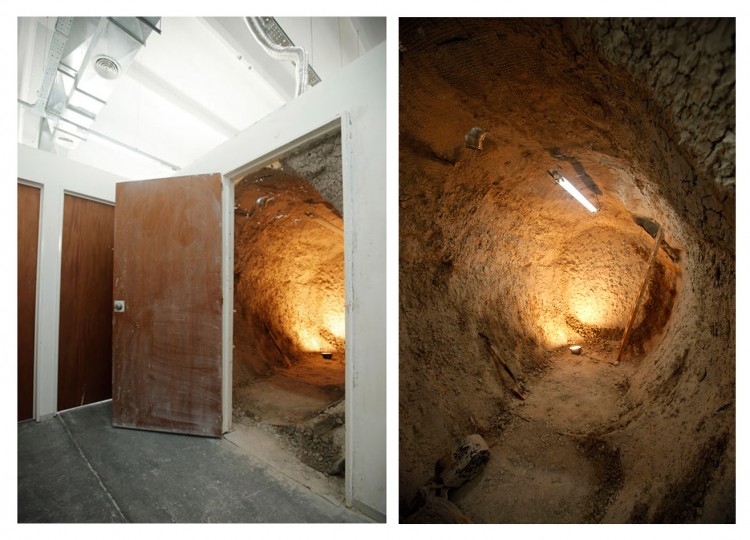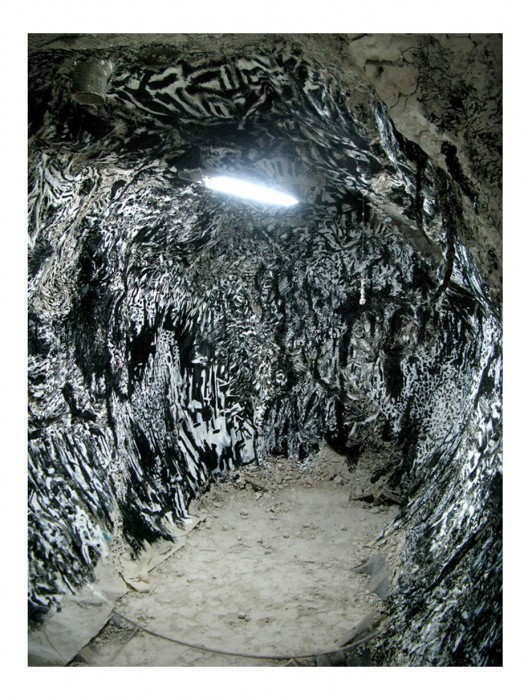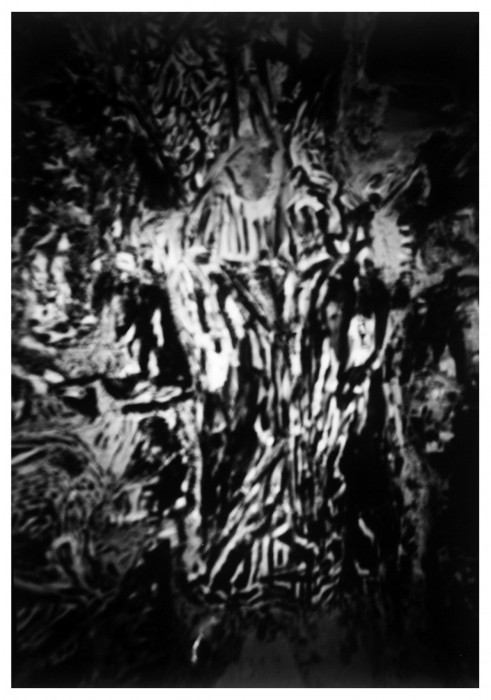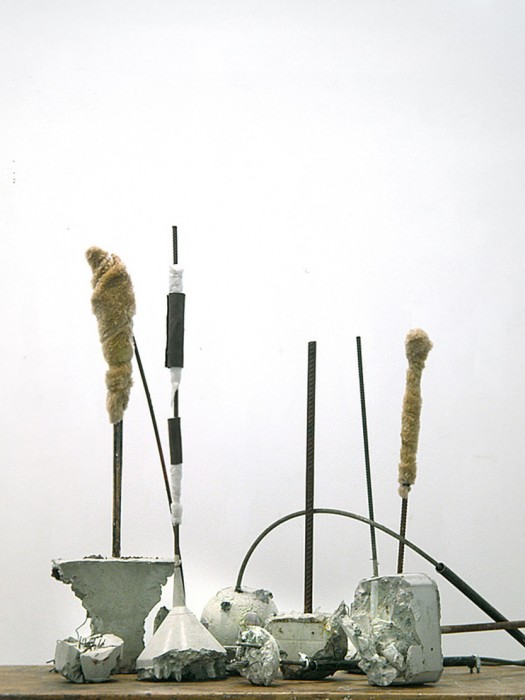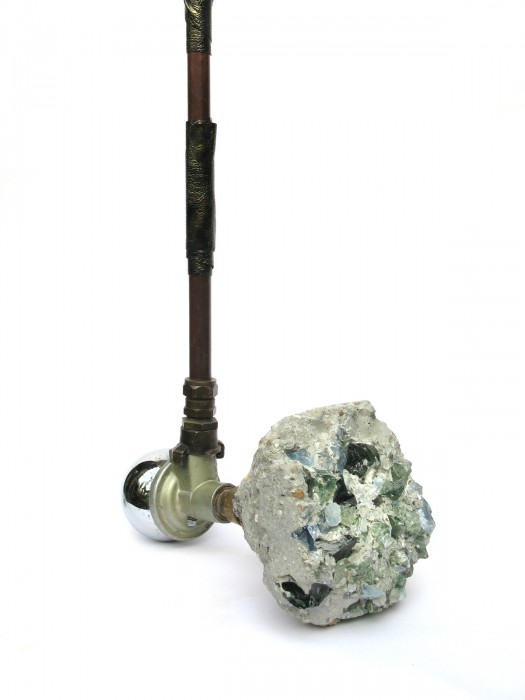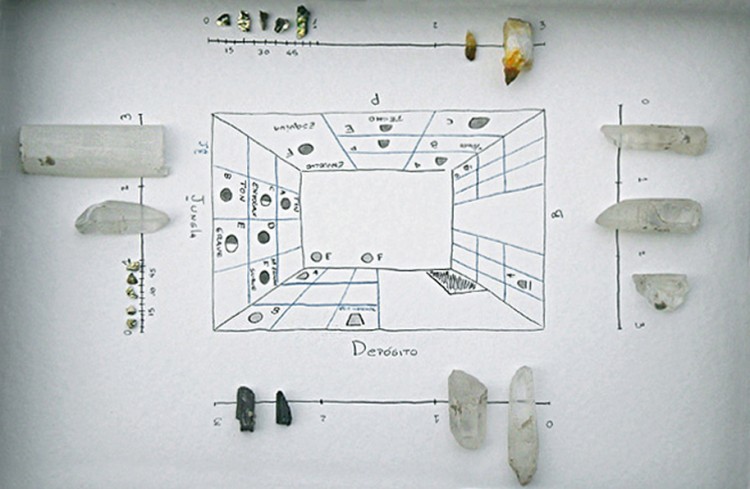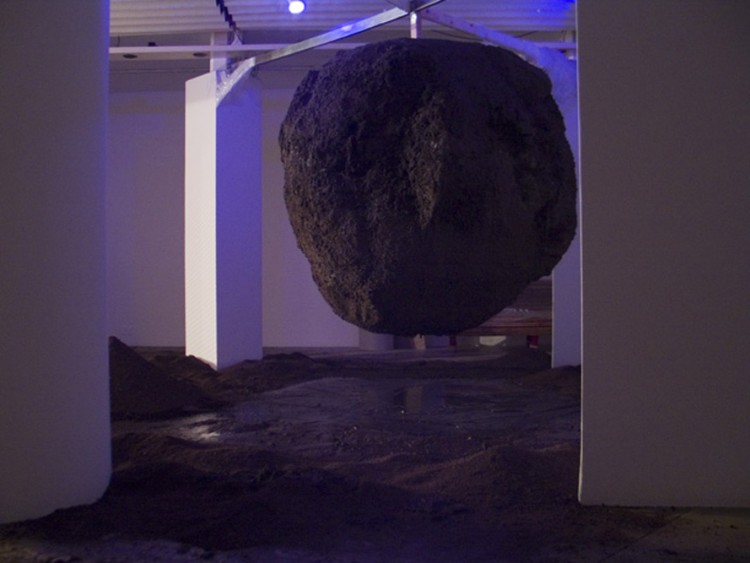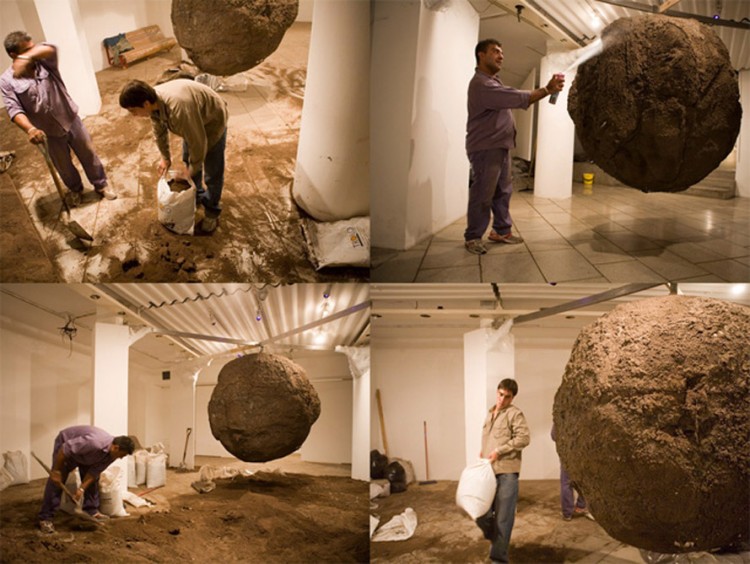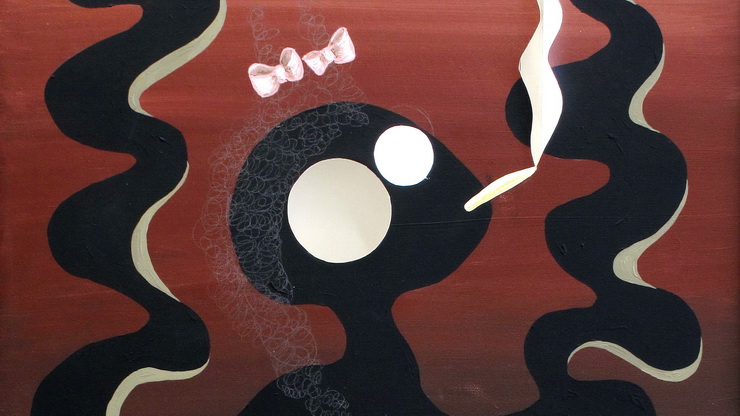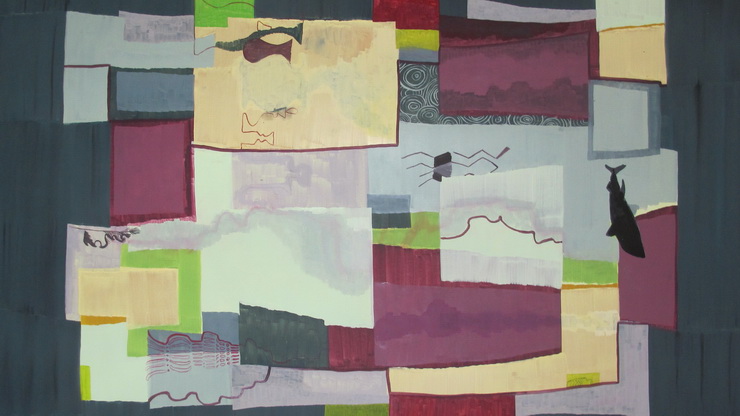about
BIO
Rosa Chancho is one of the most influential and provocative art collectives in Argentina, which has been at work since 2006, staging performances, producing installations, publications, objects, even a theatre play. Its members are Julieta García Vázquez, Osías Yanov, Ana Laura Colombo (Mumi) and Javier Villa. Among RCH’s works are a stage diving event where the audience of an art fair was invited to act as rock stars and surf the crowds; a musical performance where the architecture of the place was played; a fake expedition in speleology, the science of caverns; and a theatre play which was ending as the audience entered the hall and was then taken by actors posing as audience members to the hallways, stairwells and café of the theatre complex.
ABOUT THE WORK
Although the conception of art collective is not new, it would be impossible to define the work of RCH without thinking about the decision that each of its members has taken to work in this manner. Because the works that they develop are channeled through the extent of the collaborative practice itself, and it is from this origin that the engineering and operational codes with which the group operates arises.
Their interests fluctuate, overlap. What does it matter the conviction of each of its members if it has to be always filtered by four more individuals? What remains of that first certainty? Rosa Chancho states that the conviction lies in the need that any idea must be filtered four times. Rosa Chancho becomes a process of synthesis and decantings. Rational adventures, emotional and physical skills are used as instruments.
Rosa Chancho seeks to eliminate discernment between group and individual, be both at the same time. To generate projects that exceed the notion of democracy and approval.
Rosa Chancho ‘s work is defined from within, from its internal boundaries. Its projects: performances, sculptures and events that bring the individual inside, to the center of the scene. Projects that present rules and limits meant to be broken, actions that overlap with others, the individual body and the body of a community recognized as form and matter, the spaces as unique and specific, critique to institutions, rituals and humor

